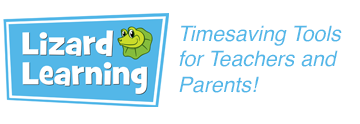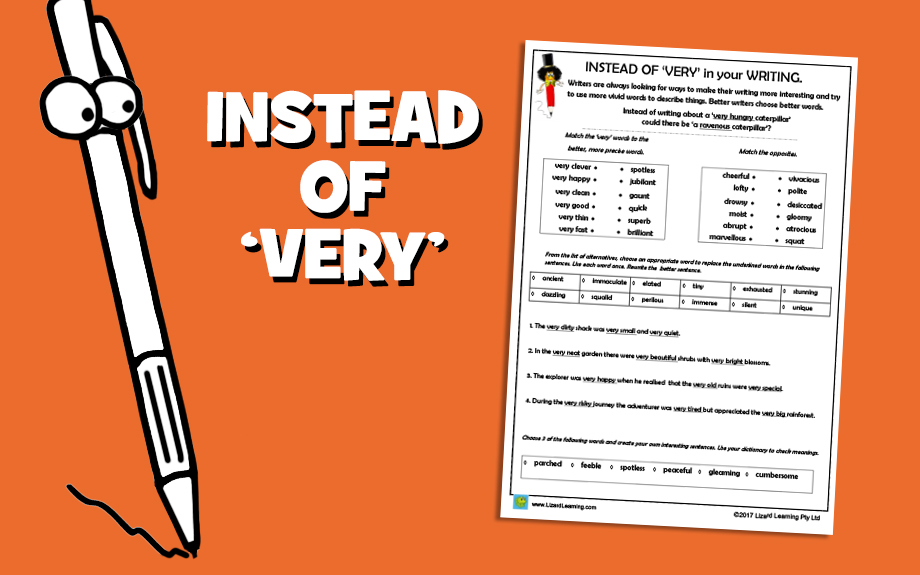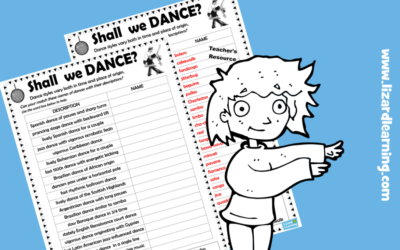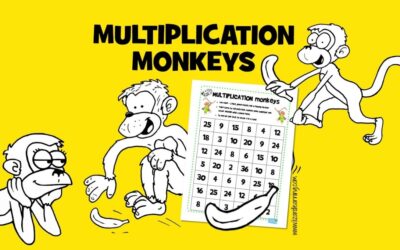Unfortunately, most of us can’t afford a personal editor to perfect everything we write, so we have to learn to self-edit our work. Self-editing is difficult. It is incredibly tempting to just let spell check do all the work, but spell check isn’t perfect. It can only tell you what you’ve done wrong, it can’t tell you how to improve and grow as a writer. This makes it vital to encourage kids to learn how to self-edit from a young age. Not only does it help improve their comprehension and critical reading skills, but it allows them to learn how to clearly express an idea.
- To help your students flex their creative writing muscles, get them to write a story without using the word very. ‘Instead-of-very-in-your-writing’ worksheet will provide them with some examples of substitute words, and provide an understanding of how to pick more descriptive words.
- Teaching student to remove the word very from their writing is an excellent place to start when learning to self-edit. Very is easily identified and fixed. To expand on that, work together as a class to brainstorm other words to take out of your writing. Good starting points are filler words )like ‘just’ and ‘really’) and redundant phrases (like ‘advance forward’ or ‘careful scrutiny’).
- Most famous authors have given writing advice during their careers. Have students research their favourite authors to discover their best writing advice. They can then use that advice to improve a story they have written.
- What makes a piece of writing great to read? There is no universal objective measure for what makes one book a great read and another no so much. Discuss it as a class or in groups, and decide on what you think makes an effective writing piece. Basics like it-make-sense is a great place to start.
- A class activity could be reading a book, a page, a piece from a magazine and as a class or individually analyse whether the writing is good or not so good and justify your answer based on the criteria you came up with.





0 Comments